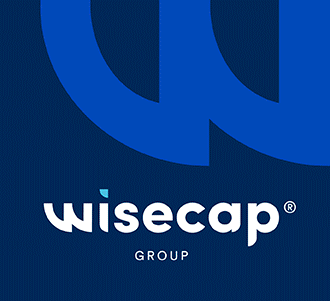The EU food supply and food security contingency plan builds on lessons learned from the COVID-19 pandemic and is an important component of the European Green Deal and the EU’s Farm to Fork strategy. The availability of food, access to food, stability and utilization of food are key components of food security. Food packaging plays a key role in delivering these. It is critical to the effective functioning of modern food systems, which rely on packaging to store and transport food, while keeping safe from spoilage and disease.
The packaging industry was recognised by Member States as an essential industry and allowed to operate throughout the Covid-19 pandemic. It has facilitated the availability of safe, hygienic and secure food products across the EU and elsewhere. Indeed, the European Environment Agency (1), confirmed that single-use food packaging “played an important role in preventing the spread of COVID-19.”
Whilst aiming to answer to potential threats from weakened supply chains, the EU’s contingency plan also aims to make European food systems more sustainable. The right packaging for the right products results in fewer Green House Gas emissions by limiting food waste. Food packaging typically accounts for 5% of the GHG emissions of the food chain, and optimal packaging often results in a lower overall carbon footprint due to reduced food waste. Without sufficient packaging available at times of crisis there would likely be increased food waste, compounding availability issues.
As part of the Commission’s Better Regulation Agenda and processes, Huhtamaki also strongly recommends that all current and future policy proposals are subject to a specific food supply and security impact assessment, incorporating Life Cycle Thinking, to examine and quantify any potential impacts of proposals on the food packaging supply chain; especially impacts at time of crisis. Such stress testing would help ensure the long-term resilience of Europe’s food system.
“Packaging is integral to the product it contains. We have seen how having a European packaging supply chain capable of meeting the challenges of Covid-19 has been crucial in supporting EU citizens during the pandemic; facilitating the availability of safe, hygienic and secure food products across the EU and elsewhere. Huhtamaki’s manufacturing sites operated throughout the pandemic. Without sufficient and appropriate packaging available, there would be major issues with food distribution and food availability across the entire EU,” says Charles Héaulmé, CEO and President of Huhtamaki.
“Huhtamaki strongly recommends that all current and future policy proposals are subject to a specific food supply and security impact assessment, incorporating Life Cycle Thinking, to examine and quantify any potential impacts of proposals on the food packaging supply chain; especially impacts at time of crisis. Such stress testing would help ensure the long-term resilience of Europe’s food system,” adds Charles Héaulmé.
_______________








